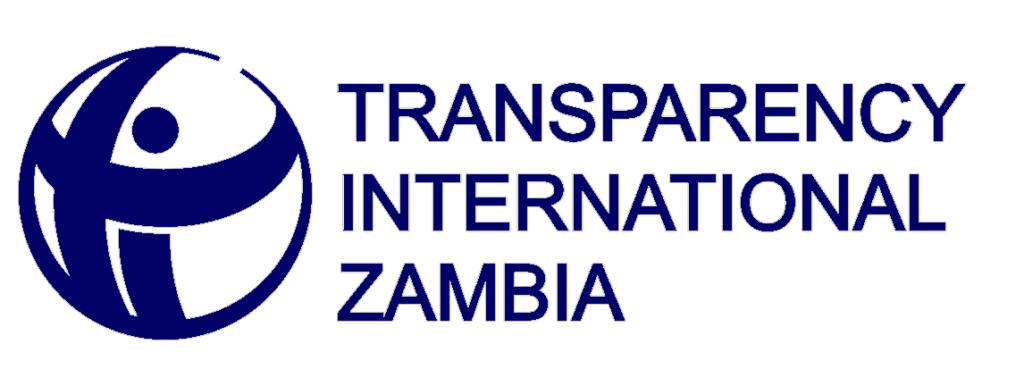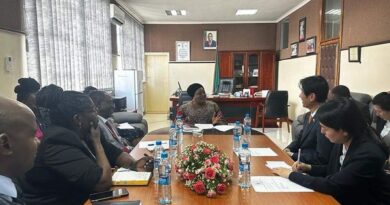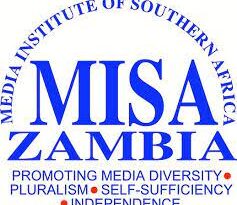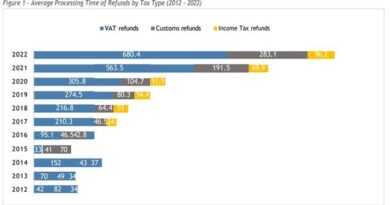TI-Z Condemns Minister’s Preferential Land Allocation Pledge
Transparency International Zambia (TI-Z) has raised deep concerns over a recent statement made by the Minister of Lands and Natural Resources, Hon. Elijah Muchima, regarding land allocation in Chongwe.
The statement, reported in the NewsDiggers edition on December 20th, 2023, pledges preferential treatment for poor members of the United Party for National Development (UPND) during land allocation, citing their alleged marginalization under the previous Patriotic Front (PF) regime.
TI-Z, an organization actively addressing land corruption in Zambia since 2015, has issued an official statement expressing worry about the Minister’s comments.
Mr. Maurice K. Nyambe, Executive Director of TI-Z, emphasized that the Minister’s statement does not align with established principles governing fair land administration.
The 2021 Land Policy outlines procedures for citizens to secure land through direct applications to the Commissioner of Lands or local authorities, with customary land acquisition involving engagement with traditional authorities.
One of the policy’s key tenets is equity, ensuring equal opportunities for individuals of all backgrounds to access land.
TI-Z stressed that historical marginalization under a previous administration cannot justify preferential treatment in land allocation decisions. The organization strongly condemns the divisive practice of allocating land based on partisan affiliations, considering it a departure from sound land administration principles.
The organization urged the Ministry of Lands and Natural Resources to adhere rigorously to established procedures for land allocation, ensuring equitable access for all citizens.
TI-Z is calling on the UPND administration to resist normalizing divisive practices and uphold principles of impartiality and equal opportunity in land allocation.
Mr. Nyambe calls on Hon. Muchima to retract the statement and commit publicly to supporting a land allocation system that does not promote divisive tendencies along partisan lines.
He emphasized that practices deemed wrong under the previous regime remain wrong, and there is no justification for perpetuating anomalies, as two wrongs do not make a right.



